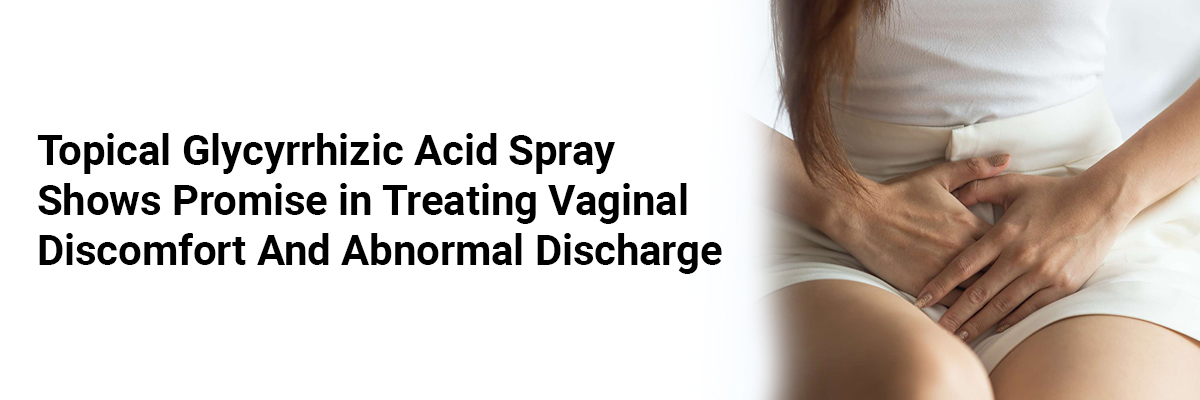
Topical Glycyrrhizic Acid Spray Shows Promise in Treating Vaginal Discomfort and Abnormal Discharge
A large multicenter study from Russia suggests that a 0.1% activated glycyrrhizic acid spray may be an effective adjunct therapy for women with nonspecific vaginitis, vulvovaginal candidiasis, and bacterial vaginosis—three of the most common causes of vulvovaginal discomfort and abnormal discharge.
The trial, conducted across outpatient facilities in several Russian cities, enrolled 8,249 women aged 18 to 45 years presenting with pathological vaginal discharge and vulvar discomfort. After comprehensive diagnostic work-ups—including gynecological assessments, bacterioscopy, and PCR testing—patients received etiotropic therapy tailored to their diagnosis. In addition, all participants were prescribed a 0.1% activated glycyrrhizic acid spray as part of their treatment regimen.
The results were striking. Women using the spray reported significant reductions in itching, burning, unpleasant odor, discharge, dryness, painful urination, and dyspareunia. Abnormal discharge volumes dropped dramatically—from 46.6% of patients at baseline to just 1.1% after treatment. Importantly, the spray was well tolerated, with no significant safety concerns reported.
“These findings indicate that activated glycyrrhizic acid spray not only relieves symptoms but also helps normalize vaginal discharge, offering a safe and practical topical option for managing common gynecological infections,” the authors noted.
While further studies outside Russia will be needed to confirm generalizability, the data highlight the potential of glycyrrhizic acid as an accessible and effective addition to conventional therapy.














Please login to comment on this article